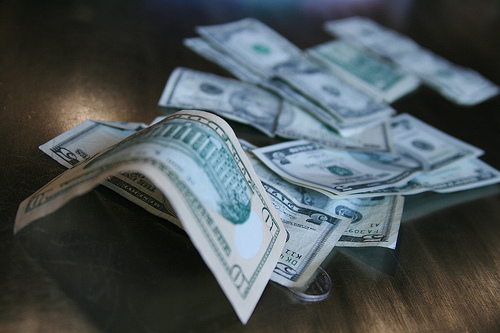In the wake of last’s week Senate report on how dirty foreign money still flows into the US, an international group of energy activists pointed to the report’s findings as fresh evidence for the need for more transparency in the oil, gas, and mineral industries. The exhaustive report, published by the Senate investigations subcommittee, details four corruption cases—three of them previously unreported—in which foreign individuals all from nations rich in oil or other natural resources funneled millions of dollars in “suspect funds” into the US for money laundering purposes. In several instances, that dirty money likely came from the countries’ burgeoning energy sectors. The energy-transparency organization, the Publish What You Pay coalition, said the Senate’s findings reveal the shadowy, corrupt figures in energy-rich nations like Angola, Nigeria, and Gabon—three countries cited in the report—and show the need for disclosure on how multinational energy companies do business in those countries. “More transparency is needed in these countries to empower citizens to prevent the theft of public funds,” Isabel Munilla, Publish What You Pay’s US director, said in a statement. “A comprehensive US policy response requires the passing of the Energy Security Through Transparency Act.”
That legislation, introduced by Sen. Richard Lugar (R-IN) and Sen. Ben Cardin (D-MD) in September 2009, would force SEC-registered energy companies, like ExxonMobil and British Petroleum, to disclose how much they pay to foreign countries like Nigeria and the Congo to extract natural resources. Right now, information on those kinds of payments remains in the dark; the final destination of that money—be it the extraction company or the pockets of powerful foreign leaders—remains unclear. Lugar and Cardin’s bill would go a long way toward tracking that money and potentially preventing those funds from ending up in the wrong hands—an all-too-often occurrence in countries where resource wealth is a curse and not a blessing and transparency is the exception and not the rule.














